
Week's balance: emergency measures in power generation, GDP growth, and prosecutorial audit of utility tariffs
The Ukrainian government introduced emergency measures in the power generation sector, Prime Minister Groysman reported on GDP growth in 2016, while the Prosecutor General's Office said it would audit the utility rates - these are the week’s main economic news.
The main news of the outgoing week was definitely the introduction by the government of the emergency measures in the power generation sector.
The blockade by a group of ATO veterans of railroad tracks at the demarcation line, which started late January, has led to an almost complete cessation of scarce anthracite coal supplies to the Ukrainian thermal power plants.
In this regard, the government at its extraordinary meeting February 15 decided to introduce emergency measures in the electricity market, which would be enforced until mid-March.
The move caused panic among many Ukrainians as the Cabinet noted the issue of possible rolling blackouts.
But Deputy Prime Minister Hennadiy Zubko explained that measures had been taken to maintain the efficiency of the country’s united power grid for the period of settlement of the coal supply issue. Compliance with these measures will prevent blackouts, he said.
Vsevolod Kovalchuk, acting chief of the operator of the united power grid, Ukrenergo, said that the stocks of anthracite coal at the warehouses of Ukrainian TPPs will be enough for 40 days.
The blockade of the occupied territories has clearly divided the Ukrainian society. Some support the blockade, while the others categorically oppose it, believing that this will cause enormous economic damage to Ukraine. The country’s top leaders, President Petro Poroshenko and Prime Minister Volodymyr Groysman, has echoed the concerns of the latter. "I am categorically against any manifestations of smuggling. I agree that it is necessary to stop any movement of contraband goods across the demarcation line. But when it comes to the people's need to get heat and electricity... We have prepared well for the heating season. And now, does anyone want to disrupt the heating season, which will lead to blackouts? It is necessary to distinguish between the fight against smuggling and the fight against the people," said Groysman.
Meanwhile, the authorities are criticized over the fact that the government has not taken timely action toward the transition Ukrainian thermal power plants to alternative types of coal.
In fact, many remembered that on May 28, 2015, almost two years ago, the president of Ukraine chaired a meeting of the National Security and Defense Council dedicated to the disruptions of coal supplies from the occupied territories (although, back then, it was the terrorists who were blocking supplies, not the ATO veterans). Following the meeting, the NSDC set some very important tasks before the government involving coal supply diversification, reducing dependence on anthracite coal through the use of gas type coal, which is produced in the territory controlled by Kyiv, as well as transferring some thermal power plants to gas, etc. These problems have not yet been addressed. Moreover, Minister of Energy Ihor Nasalik said that these tasks are very difficult to perform. According to him, the transfer of only two power units of Trypilska power plant from anthracite coal to gas coal would cost UAH 2 billion. To understand the scope of the investments required, in general, Centrenergo operates Vuhlehirsk, Zmiivska, and Trypiliska TPPs with a total of 23 power units.
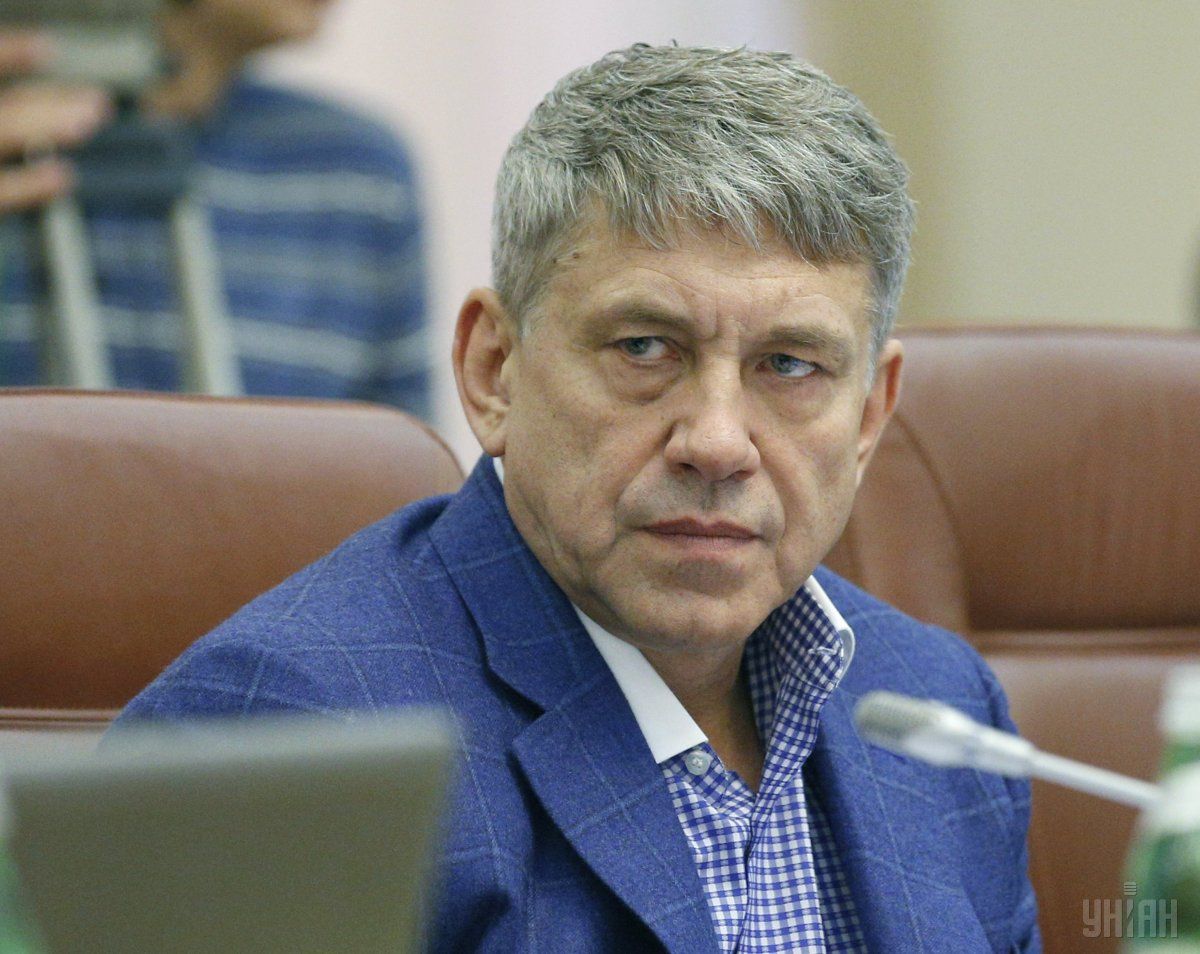
The situation in Ukraine has alarmed the international community. G7 states made a joint statement claiming that the blockade of Donbas launched at the demarcation line, which led to a halt of coal supplies to Ukraine, threatens the country’s economic security and undermines economic growth. G7 urged all parties to find common approaches to solving the current problems, unlock the railroad tracks and highways to set up legitimate trade. The statement also noted the need to upgrade power generating capacities and ensure long-term energy supplies.
"Rotterdam" - the riddle of the century
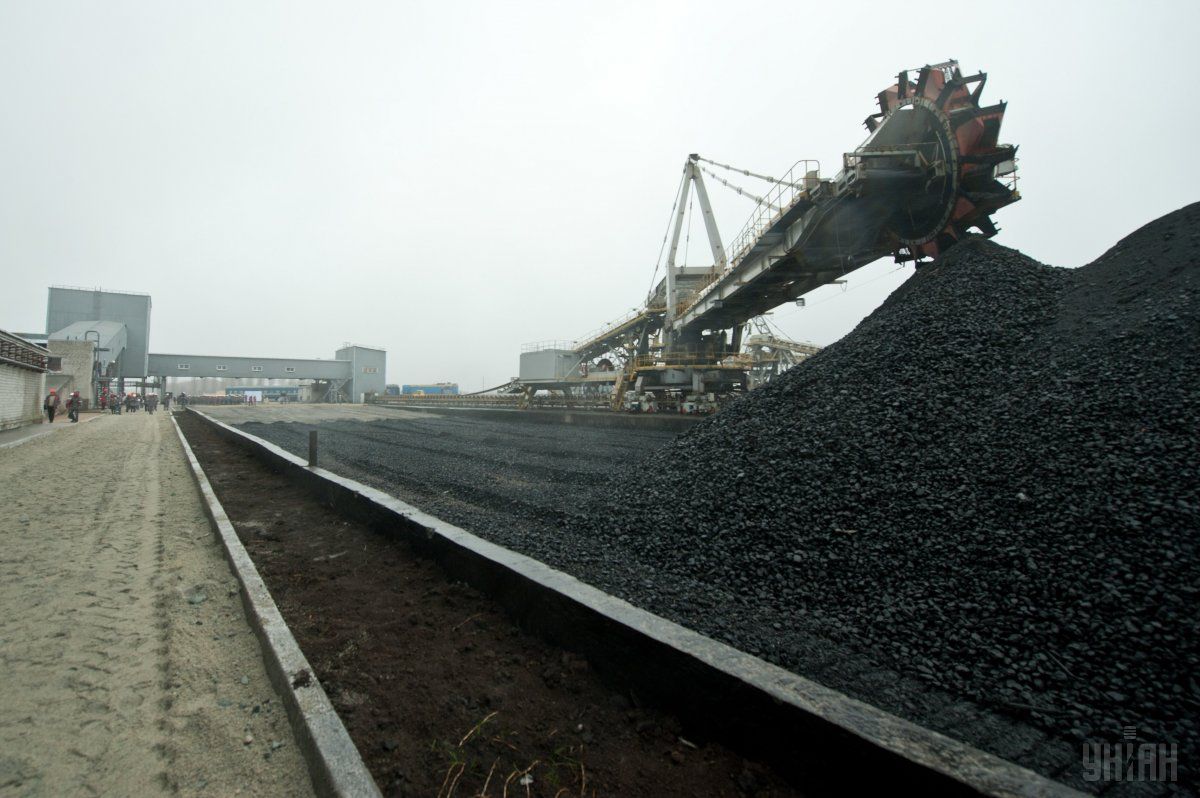
Against the aggravated situation in the energy sector, another hot topic of this week was the purchase of coal under the "Rotterdam +" formula.
The formula for calculating the cost of coal was adopted in April 2016. It was supposed to solve the problem of diversification of coal supplies and to ensure the independence from coal mined in the ATO zone.
Earlier this week, Prime Minister Groysman called a “fake” the attempt to impose onto Ukrainians the idea that the country has been purchasing coal under the so-called "Rotterdam +" formula, which, in turn, reflects in the price of electricity produced from this coal.
"I heard that in the" Rotterdam tariff a "Rotterdam +" has been laid. But this is not the case. In "Rotterdam," coal is about UAH 3,000 [per tonne], while in the tariff it has been set at UAH 1,730, hasn’t it? Therefore, UAH 3,000 is a fake. It is impossible to purchase coal in Rotterdam now because it is twice as expensive than it has been laid in the electricity tariff," said Groysman.
But, according to experts, the "Rotterdam +" formula continues to operate, leading to an increase in electricity tariffs.
According to a former member of the National Energy and Utility Regulation Commission (NEURC), Andriy Herus, this formula has allowed energy companies to make an additional UAH 10 billion.
"NEURC explained that this formula had been introduced to ensure autonomy from the ATO zone, and Ukrainians paid for their energy independence. However, until now, there is no independence. Where did this money go, and who will be held accountable? " said the expert.
In addition, according to Gerus, the cost of deficient anthracite coal, which has led to the introduction of emergency measures in the power sector, is three times lower than it is under the "Rotterdam +" formula.
The controversy led to the fact that the PGO would assess the situation. "As a prosecutor general, I instructed to audit the formation of tariffs under the so-called ‘Rotterdam +’ by NEURC," said Lutsenko.
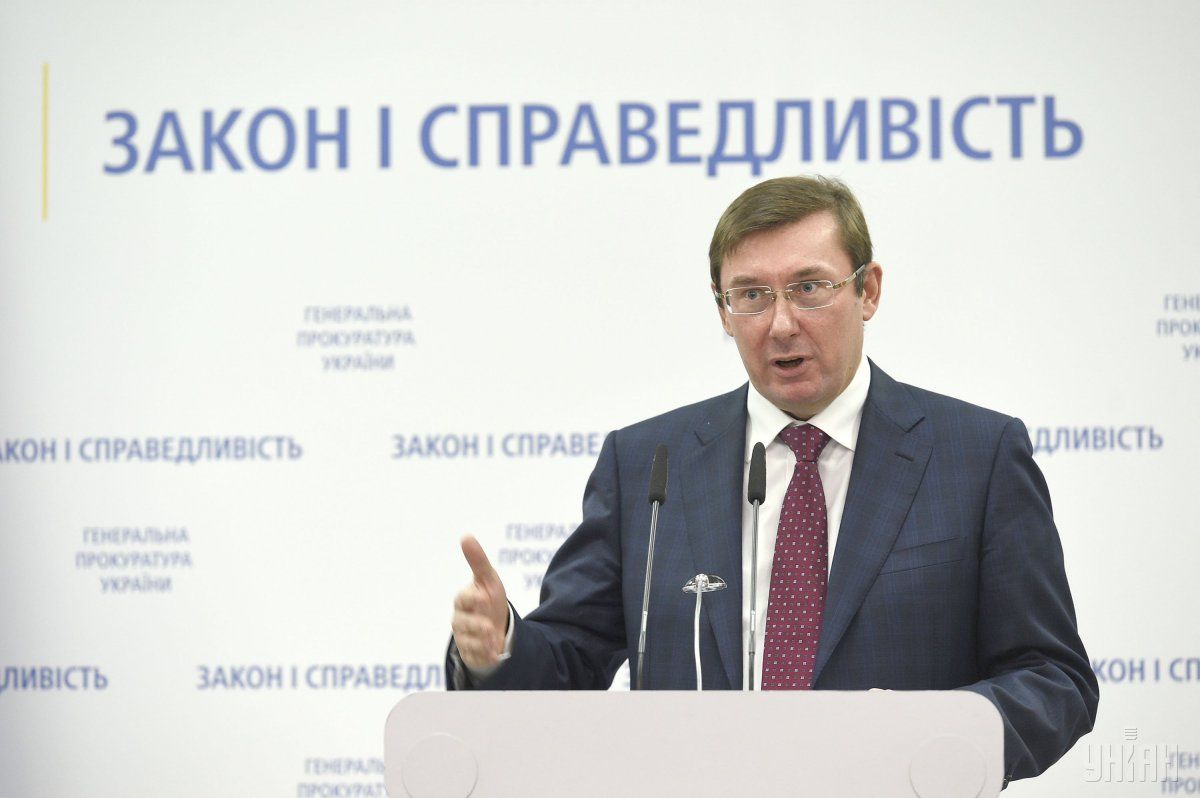
By the way, the MPs also intend to check the use of the formula. According to MP Vitaliy Kupriy, the Verkhovna Rada has registered a draft resolution on the establishment of a temporary investigative commission to probe coal purchases from the occupied territories under the "Rotterdam +" formula.
Lutsenko instructed to check NEURC in relation to their control of utility tariffs for the households. However, the government initially tried to shift responsibility for the size of tariffs on local authorities. "The Ukrainian government does not set tariffs for central heating and hot water supplies. The corresponding applications are formed by local authorities and approved by an independent regulator, which is not related to the government system," said Groysman.
But the NSDC did not agree with this statement. According to its decree, signed by President Poroshenko, the economic objectivity of tariffs is to be assessed by the Cabinet as well.
GDP has grown
Among the positive news of the outgoing week was PM Groysman’s statement confirming the growth of Ukraine’s gross domestic product in 2016. Reporting on the results of the government's work in the past year, he noted that the growth of the country's economy exceeded skeptical expectations of foreign experts. "Very well-known agencies forecast a 0.5% or 1% growth. In the end, we came up to 2.2%, far exceeding all indicators," said Groysman.
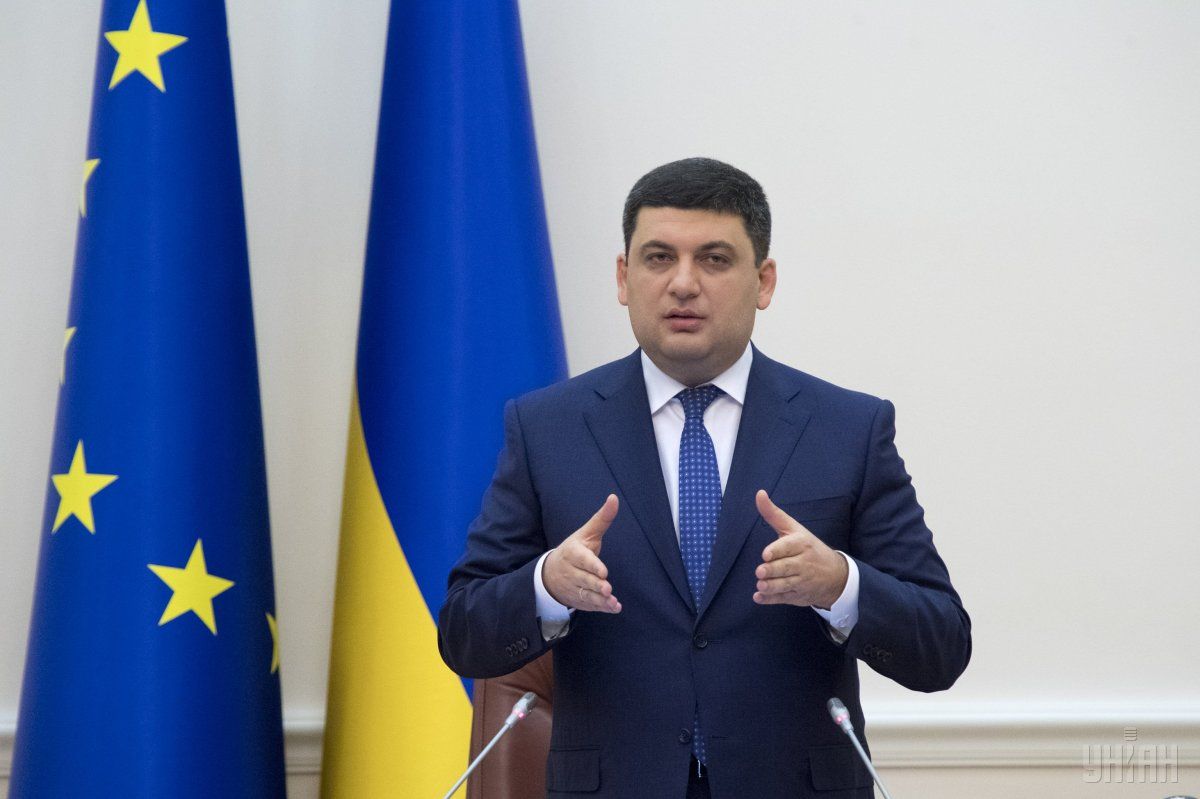
GDP growth was also reported by the State Statistical Service. However, the data was published for the last quarter of 2016 only, while annual data has not yet been made public.
According to the State Statistics Service, Ukraine's gross domestic product in the fourth quarter of 2016 increased by 4.7%, compared to the same period in 2015, while compared to the third quarter of 2016, GDP grew by 1.9% in 4Q 2016.
According to a chief economist at Dragon Capital Olena Belan, the main factor in GDP growth in the fourth quarter of last year was agriculture, namely the record high grain crops and the delay in their harvesting.
"According to our estimates, the rapid growth of agriculture has provided more than half of GDP growth in the fourth quarter. At the same time, unexpectedly high economic growth indicates the improvement in other sectors, whose stats are not published monthly," she said.
According to the expert, Ukraine's economy in 201 has grown by 2.2%, due to investments and revived consumer sentiment.
Meanwhile, a managing partner of investment company Capital Times Eric Naiman expressed doubts about the reality of 2.2% GDP growth in 2016. The reason for his doubt is the completely different data on foreign trade, presented by the State Statistics Service and the National Bank.
"The State Statistics says that in 2016, Ukraine's foreign trade in goods and services saw a surplus of $337 million, exports - of $44.885 billion, and imports - of $44.548 billion. But, according to the NBU, Ukraine’s foreign trade in 2016 was deeply deficient - in the amount of $5.581 billion, exports – at $45.917 billion, and imports – at $51.498 billion,” Naiman said.
According to him, the difference between the estimates of the State Statistics Service and the National Bank stands at $5.918 billion, or about 6.4% of GDP.
"If for the calculation of Ukraine’s real GDP we use the statistics of foreign trade by the NBU, rather than the State Statistics Service, the Ukrainian economy has not grown by 2.2% in 2016 but fell by 4.2%," he said.
In any case, the final point in assessing the dynamics of gross domestic product in 2016 will be put by the State Statistics Service, following the publication of its annual report in April.
Corporatization of Ukrposhta
This week saw a completion of the process of corporatization of another strategic asset of the Ukrainian economy - Ukrainian State Enterprise of Postal Communication "Ukrposhta." Prior to that, Naftogaz and Ukrzaliznytsya have also stepped on the path of corporatization.
Such measures were taken because of the critical situation in the state enterprise. 80% of Ukrposhta units do not have a single computer, while the company fleet performed more of a decorative function, although fuel was still being written off, while the staff delivered mail and pensions either on foot or on bicycles. Like other state-owned enterprises, Ukrposhta was a source of corruption and an indicator of inefficient use of assets worth billions.
February 16 Infrastructure Minister Volodymyr Omelyan signed a decree on restructuring the state company into a joint-stock company, as well as on the Statute of the newly formed company. Ukrposhta will start working in the new format from March 1.
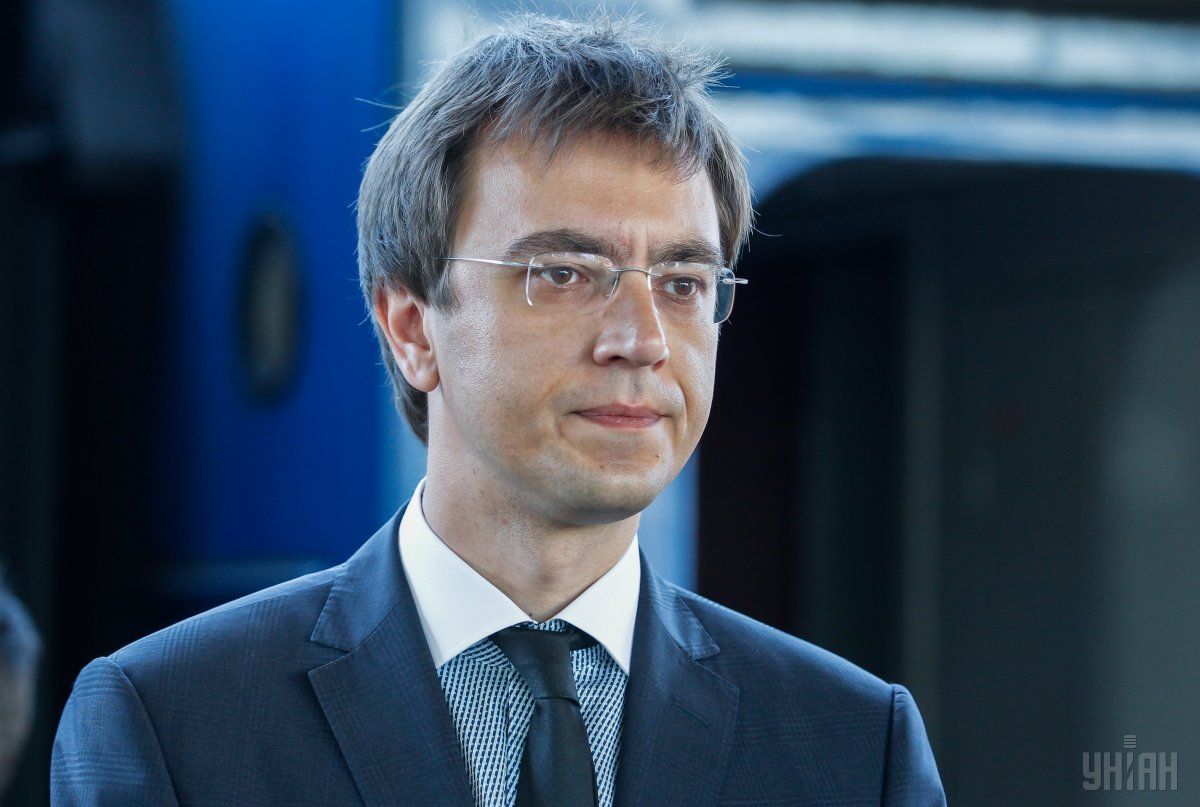
The authorized capital of the newly established joint-stock company will stand at UAH 6.518 billion, while its sole shareholder is the state represented by the Ministry of Infrastructure.
At the end of the week, Ukrposhta CEO Ihor Smelyanskiy presented the company's development strategy for the next five years. According to him, the company will become a full-fledged player in the market of postal, financial and logistics services. In particular, he spoke about billions of dollars of investments in the renewal of infrastructure, changing the system of operations, and improving the quality of services. In a five-year term, the company plans to invest approximately $500 million in its renovation, vowing to do so not at the expense of its working capital.
Vladyslav Shvets (UNIAN)

